
Educational sessions led by experts in multiple sclerosis will be held May 26-29, 2020.

Educational sessions led by experts in multiple sclerosis will be held May 26-29, 2020.

Janssen’s S1P receptor modulator ponesimod showed its superiority to teriflunomide on annualized relapse rates, fatigue symptoms, MRI activity, brain atrophy, and NEDA-3 in patients with relapsing multiple sclerosis.

The professor of neurology at NYU Langone detailed the neurologic symptoms that have been observed in patients with COVID-19.

The FDA-approved anti-CGRP therapy from Eli Lilly demonstrated a significant ability to decrease monthly migraine days in patients who did not respond to previous medications.





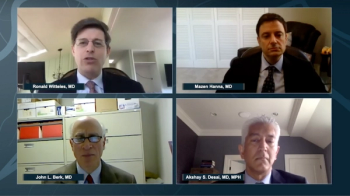
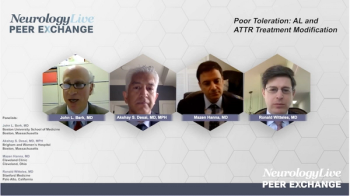
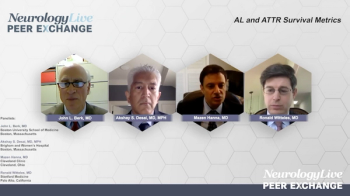
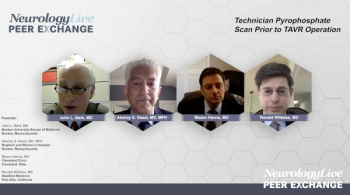
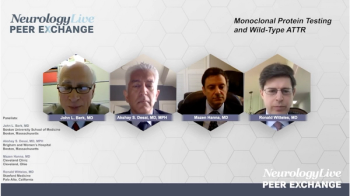
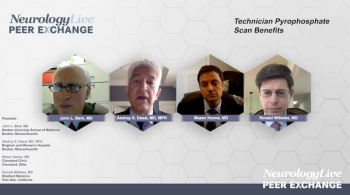
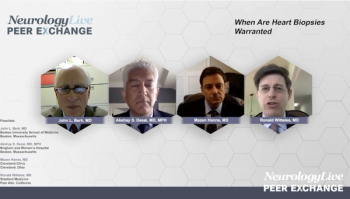
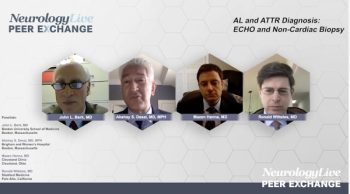
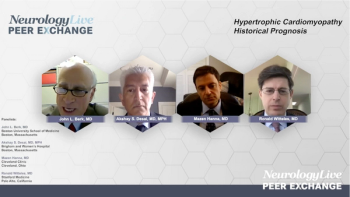
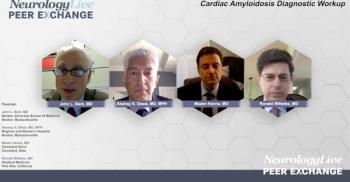

The neurologist at the Mellen Center for MS Treatment and Research at Cleveland Clinic spoke to the wide variety of clinical benefits observed with ofatumumab treatment and how it fits into the MS care landscape.

Novartis’s S1P receptor modulator siponimod (Mayzent) showed benefits in a number of patients with SPMS on the Motor Integration and Collateral subscales of the Expanded Disability Status Scale.

The FDA-approved migraine therapy lasmiditan showed long-term efficacy and had similar change in Migraine Disability Assessment total score in both 100-mg and 200-mg doses.

The assistant professor of neurology at the University of Washington in St. Louis discussed a study she and colleagues conducted which revealed significant differences between practitioners in diagnosing cerebral palsy.

Allergan’s oral CGRP antagonist showed a higher likelihood of freedom from pain and associated symptoms during mild headaches for patients with migraine compared to attacks of moderate to severe severity.

Vitalis’s VTS-Aspirin platform was granted an orphan drug designation to be used in combination with diroximel fumarate and monomethyl fumarate for the treatment of fumarate flush in relapsing multiple sclerosis.
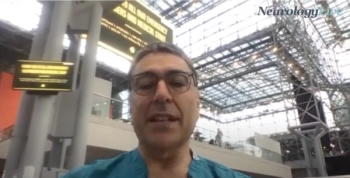
The chair of neurosurgery at Lenox Hill Hospital in Manhattan recently joined the ranks of health care providers who are caring for COVID-19 patients at the temporary hospital set up in the Javits Center.

The anti-CGRP agent showed sustained benefit in reducing migraine frequency as well as good safety over 4 or more years of treatment in a cohort of more than 200 patients.

The neurologist at the Mellen Center for MS Treatment and Research at Cleveland Clinic discussed the findings of a new pooled-data analysis of ofatumumab from the phase 3 ASCLEPIOS I and II trials.

In addition to increased motor milestone achievement, the safety profile of risdiplam was consistent with that observed in previous studies, with no new safety signals identified.